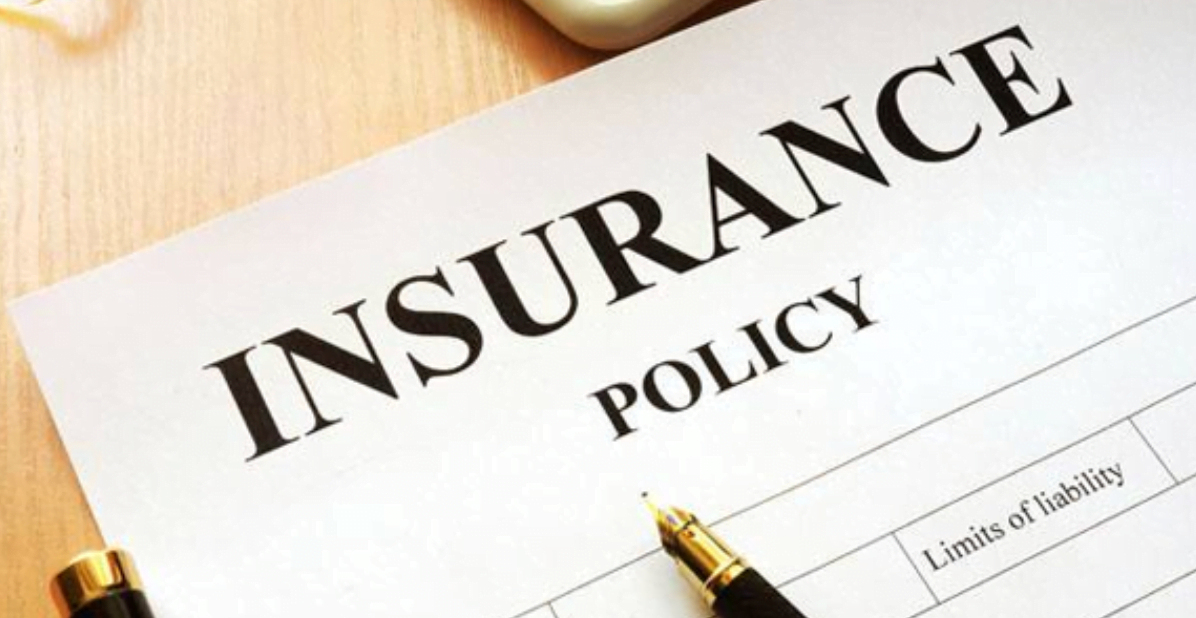NASSAU, BAHAMAS — A dispute has erupted between the government and the insurance industry over concerns that healthcare costs could see further increases due to a new VAT treatment set to take effect in April.
The Ministry of Finance (MOF) in a statement last night again asserted that the practice of insurers claiming VAT paid on payouts as inputs are not allowed in law as it expressed ‘disappointment’ with a BIA statement regarding the issue.
The Bahamas Insurance Association in a statement issued late Friday warned that medical bills and treatment costs for thousands of Bahamians will increase due to the Ministry of Finance’s decision to stop insurers from recovering the 10 percent VAT paid on health insurance claims payments.
The BIA warned that the move will likely make healthcare less accessible and unaffordable for Bahamians.
The Ministry of Finance however dismissed this claim.
“The Ministry of Finance has sight of a press release by the Bahamas Insurance Association (BIA) with respect to the VAT treatment on health insurance claims,” the MOF statement read.
“The Ministry wishes to express its disappointment that the BIA would release a statement that relies on so little facts, as this statement misconstrues key elements of the discussion and seeks to politicize a technical issue. For transparency purposes, while conducting a 2021 audit of a health insurance company, the Department of Inland Revenue (DIR) discovered the incorrect treatment of VAT paid to a health provider. Audit results revealed that the company claimed VAT as an input, although it was not a beneficiary of the service provided. This is clearly against the VAT Act. This company subsequently benefitted by receiving over $20 million illegally, that should have been paid to the Government,” the Ministry of Finance said.
It noted that the DIR continued to audit similar insurance companies and similar problems surfaced at other health insurance companies, it was suspected that this issue might not be isolated to one company.
“However, DIR, without auditing all health insurers, could not confirm this position,” the MOF statement continued.
“For the record, the DIR only discusses audit results with the taxpayer or his/her authorized representative. In this case, the taxpayer advised the BIA of the audit results, as is the taxpayers’ right. In this regard, the BIA’s comment about the unorthodox method of finding out about this issue is misleading and not factual and seeks to cast aspersions on the professionalism of the DIR and the Ministry of Finance.
“Once the BIA became involved, discussions were had at all levels including the DIR, the Ministry of Finance, the Minister of Economic Affairs, and the Prime Minister. In these discussions, the BIA acknowledged that health insurers were applying the incorrect VAT treatment and petitioned the Government for a transition period to apply the correct treatment. This offer was formally made to the Government by the BIA and was formally accepted by the Government. The attempt by the BIA to imply that this was a unilateral decision by the Government is again not factual,” the statement read.
According to the Ministry of Finance, with respect to the impact of this change on the individual or group health insurance client, the Government believes that it would be insignificant.
The MOF statement read: “The rate of VAT tax on health services is not changing, there would be no double layering of taxes. What is changing is the treatment of this VAT paid by the health insurance company. This would be no different from the treatment of VAT paid on insurance claims by general insurers as of April 1, 2023. Different companies will deal with these adjustments in different ways, however, the health insurance market in The Bahamas is very competitive. The BIA is seeking to unnecessarily alarm consumers about this adjustment, and this is unfortunate.
“The Ministry of Finance was of the view that through its discussion with the BIA, all parties had reached an amicable solution to this issue,” the Ministry of Finance added.


















